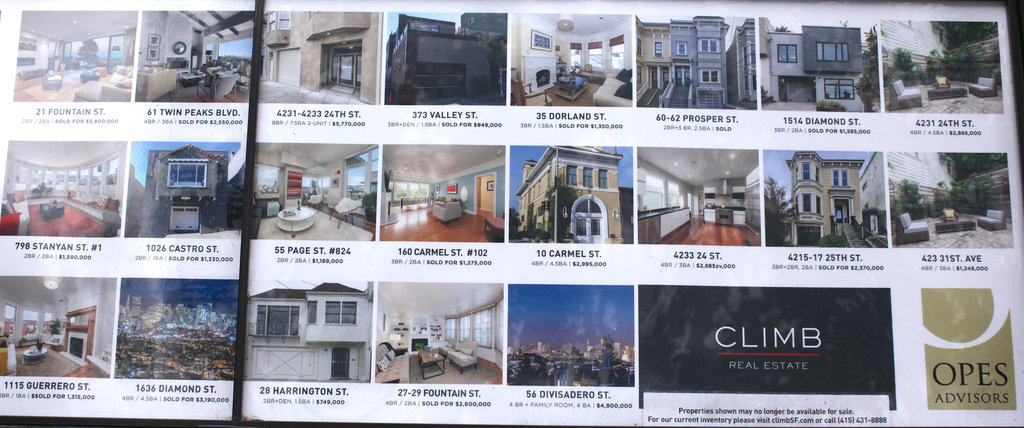Update: As reported by the San Francisco Chronicle, the SF Board of Supervisors has passed the ordinance in question.
As bitter as the housing debate in the San Francisco Bay Area gets sometimes, no one disagrees that the region is facing a crisis of high costs. It’s just that some people believe the crisis can’t be resolved without easing some of the zoning regulations that make it more difficult to build new housing, exacerbating a severe shortage; and others believe that market-priced units will never help, placing all their hopes on building more below-market housing.
So surely a proposal to ease regulations on 100 percent below-market housing developments would sail through to victory, right?
Except it isn’t. As the Chronicle reported, the Planning Commission deadlocked on a proposed ordinance that would remove a lengthy regulatory hurdle, the “conditional use permit,” that’s required even for developments that meet existing zoning and face no community opposition. It can add months, or even a year, to all-below-market projects, slowing down production and adding significant costs to the developers. And all a “conditional use permit” requires is showing that the project is “necessary and desirable,” which one would think would apply to basically any below-market development in San Francisco.

So what’s the issue? Some of it appears to be local political grudges. But the proposal is also laying bare some of the inherent political tensions of local governance—even among self-described progressives. In short, neighbors are simply unwilling to give up any power to control what happens in their neighborhoods, even if it means fast-tracking 100 percent below-market housing that they admit their communities desperately need. The Chronicle quotes one Commissioner saying that the proposal was trying to “take away the public’s right to comment”—even though neighbors could call for a discretionary review if they happened to object to a project. But it seems that any reduction in the leverage Commissioners and neighbors hold over developers—even developers of all-below-market housing—is perceived as a threat. They’re not going to say no to the construction of more affordable housing, the argument apparently goes, but they’d like to maintain every possible option to do so if they change their minds.
And perhaps part of it is that some San Franciscans who have been opposing development on affordability grounds, when faced with the prospect of affordable development, have realized that they’re just against any development at all.
For those of us who don’t live in San Francisco, this anecdote serves mainly as another example of the problem of placing overwhelming power over urban policy, including development policy, at a very local level. Even where the need for below-market housing is overwhelming—and where residents self-identify as very progressive and pro-affordability—the immediate neighbors of development of almost any type tend to oppose it. And at the very least, they’re unwilling to give up their veto, even if that ultimately means that less affordable housing will be built. It’s not a coincidence that a study out of UCLA, released just over a month ago, found that municipalities with more onerous building permit processes—like, say, the conditional use permit—were associated with more segregation of the low-income.
The Commissioner who introduced the ordinance is now placing it on the ballot for a referendum. Hopefully, asking voters citywide to weigh in will allow them to place their values—and the region’s clear need for more housing, especially below-market—above maintaining maximum hyper-local power. We’ll see.
